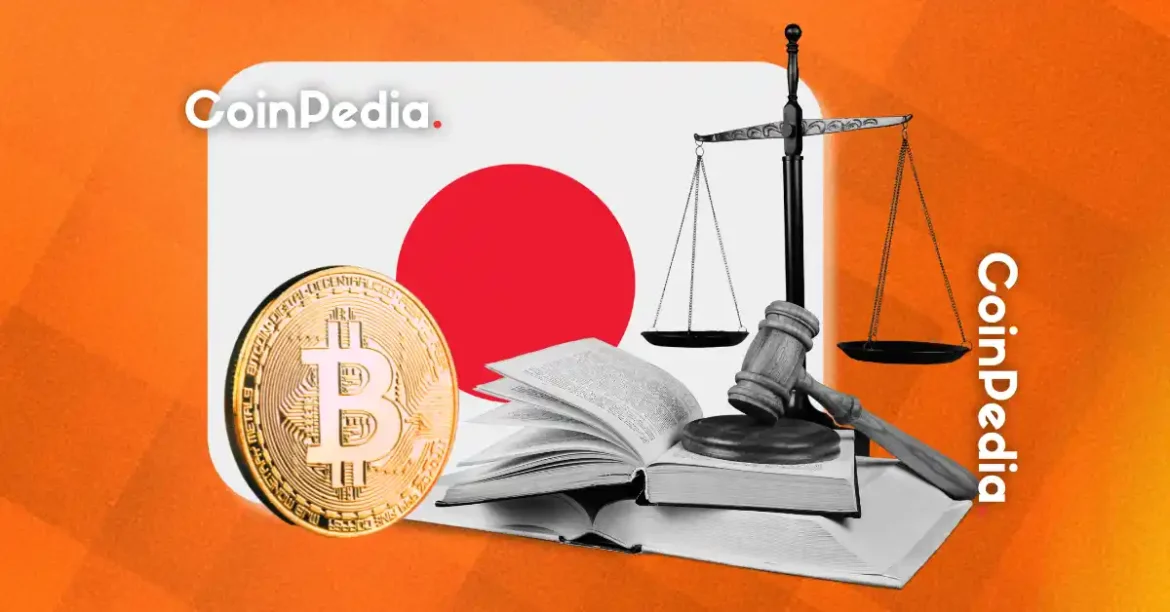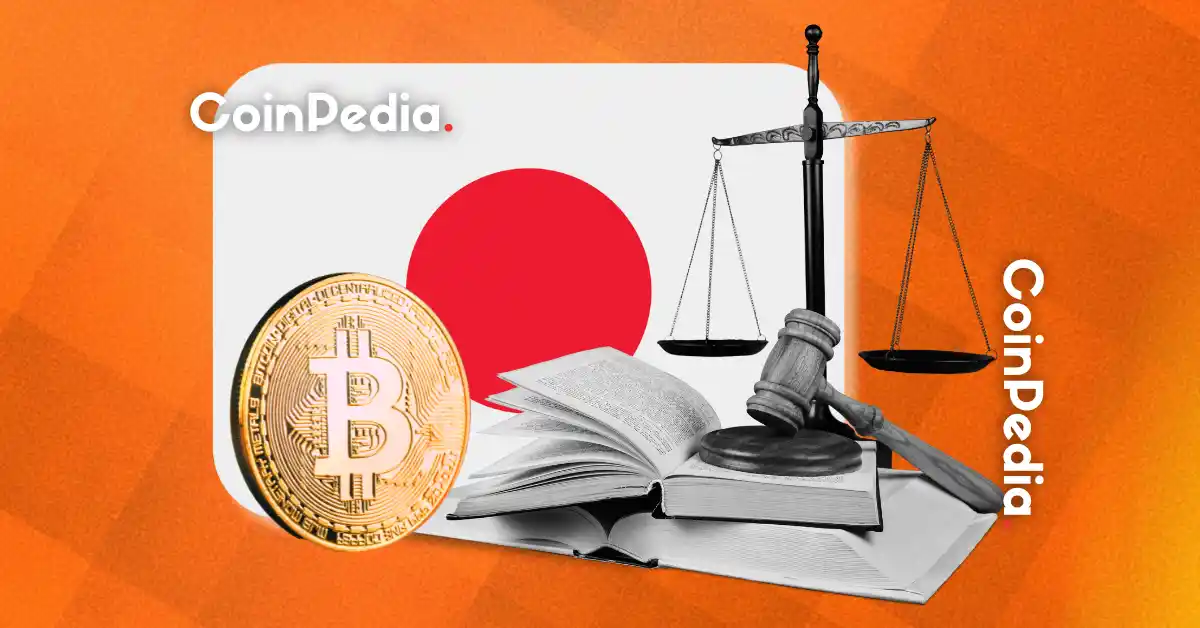Tokenizing Tokyo: GATES Inc.’s Bold Move into Real Estate’s Digital Frontier
The global real estate market is on the cusp of a digital revolution, and GATES Inc., a pioneering Japanese real estate investment firm, is at the forefront of this transformation. With an ambitious plan to tokenize $75 million worth of income-generating properties in Tokyo using the Oasys blockchain, GATES Inc. is not merely adopting new technology but redefining how investors engage with the Japanese real estate market. This strategic move has the potential to democratize real estate investment, enhance liquidity, and attract global capital. However, the journey is not without challenges, including regulatory hurdles and market adoption barriers. This article explores the implications of GATES Inc.’s initiative, the role of blockchain technology, and the broader impact on the real estate sector.
The Allure of Tokenization: A Gateway to Liquidity and Accessibility
Traditional real estate investment has long been characterized by high barriers to entry, including substantial capital requirements, complex legal processes, and geographical limitations. These barriers restrict participation to a select group of investors, limiting market liquidity and diversification opportunities. Tokenization, however, is poised to dismantle these obstacles by converting ownership rights into digital tokens on a blockchain. These tokens represent fractional ownership of underlying assets, enabling investors to purchase smaller stakes and diversify their portfolios more efficiently.
For GATES Inc., tokenization presents a compelling opportunity to broaden its investor base. By tokenizing its Tokyo properties, the company aims to attract foreign investors who may have been previously deterred by the complexities of the Japanese real estate market. These complexities often include language barriers, intricate legal frameworks, and the need for local intermediaries, all of which can add significant costs and time to the investment process. Tokenization simplifies this process by providing a transparent and efficient platform for trading and managing real estate assets. Blockchain technology ensures secure and immutable records of ownership, reducing the risk of fraud and streamlining transactions.
Moreover, tokenization enhances liquidity by enabling fractional ownership and easier transfer of assets. Investors can buy and sell tokens representing fractions of a property, allowing for more flexible and frequent trading. This increased liquidity can attract a wider range of investors, including those who may not have the capital to invest in entire properties. Additionally, tokenization can provide real-time data on property values and transaction histories, increasing transparency and trust in the market.
Oasys: A Blockchain Tailored for Gaming, Now Powering Real Estate
The choice of Oasys as the blockchain platform for GATES Inc.’s venture is noteworthy. Oasys is primarily known for its optimization for the gaming industry, offering fast transaction speeds and low fees. However, its underlying technology and infrastructure make it suitable for various applications, including real estate tokenization. The Oasys blockchain offers a hybrid architecture, combining a public Layer 1 (Hub-Layer) with specialized Layer 2 solutions (Verse-Layers). This allows for scalability and customization, enabling GATES Inc. to tailor the platform to the specific needs of real estate tokenization.
By leveraging Oasys, GATES Inc. can ensure that transactions are processed quickly and efficiently, providing a seamless experience for investors. The hybrid architecture of Oasys allows for high throughput and low latency, which are crucial for real estate transactions that often involve large sums of money and require quick settlement times. Additionally, the customization options provided by Oasys enable GATES Inc. to implement specific features tailored to the real estate market, such as smart contracts for automated rent collection and property management.
Furthermore, Oasys’ focus on security and decentralization ensures that the tokenization process is secure and transparent. The blockchain’s consensus mechanism and cryptographic protocols protect against fraud and ensure that all transactions are recorded immutably. This level of security is essential for real estate investments, where the integrity of ownership records is paramount.
GATES’ Grand Vision: $200 Billion and Beyond
While the initial tokenization of $75 million is a significant step, GATES Inc. has even grander ambitions. The company aims to eventually tokenize over $200 billion worth of Tokyo properties, representing approximately 1% of Japan’s $20.5 trillion real estate market. This vision underscores the company’s belief in the transformative power of tokenization and its potential to unlock new opportunities in the real estate sector.
According to CEO Yushi Sekino, this move is designed to offer global investors access to Japan’s stable, high-demand property sector via tokens that blend profitability with flexibility. The long-term goal is to create a more liquid and accessible market for Japanese real estate, attracting a wider range of investors and driving greater investment into the sector. By tokenizing a significant portion of Tokyo’s real estate, GATES Inc. aims to establish a new standard for real estate investment, one that is more inclusive and efficient.
The potential impact of this initiative extends beyond Japan. As more real estate companies explore tokenization, the global market could see increased liquidity and accessibility. This could lead to a more interconnected real estate market, where investors can easily access properties in different regions and countries. Additionally, the success of GATES Inc.’s initiative could inspire other industries to explore tokenization as a means of enhancing liquidity and accessibility.
Overcoming Hurdles: Regulatory Landscape and Market Adoption
While the potential benefits of real estate tokenization are clear, several challenges need to be addressed for widespread adoption. One of the most significant is the regulatory landscape. Tokenization is a relatively new concept, and regulations surrounding digital assets are still evolving in many jurisdictions, including Japan. Clear and consistent regulatory frameworks are essential to provide legal certainty and protect investors.
Another challenge is market adoption. While there is growing interest in tokenized assets, many investors are still unfamiliar with the concept and hesitant to invest. Educating investors about the benefits of tokenization and addressing their concerns is crucial for driving adoption. This includes providing clear and transparent information about the underlying assets, the risks involved, and the regulatory framework in place.
To overcome these hurdles, GATES Inc. and other pioneers in the field must work closely with regulators to develop clear guidelines and standards for tokenization. This includes establishing frameworks for the issuance, trading, and management of tokenized real estate assets. Additionally, industry players must collaborate to create educational resources and platforms that demystify tokenization and highlight its benefits. By fostering a collaborative approach, the real estate industry can accelerate the adoption of tokenization and unlock its full potential.
The Ripple Effect: Implications for the Japanese Real Estate Market
GATES Inc.’s initiative could have far-reaching implications for the Japanese real estate market. By making it easier for foreign investors to access the market, tokenization could lead to increased capital inflows and higher property valuations. This could spur innovation and competition, as other real estate companies explore the potential of tokenization.
Moreover, the success of this project could encourage the development of new financial products and services based on tokenized real estate assets. This could include fractional ownership platforms, real estate-backed loans, and other innovative investment vehicles. These new products and services could further enhance the liquidity and accessibility of the real estate market, attracting a wider range of investors and driving greater investment into the sector.
Additionally, tokenization could have a positive impact on the broader Japanese economy. Increased foreign investment in real estate could stimulate economic growth and create new job opportunities. It could also enhance Japan’s reputation as a global financial hub, attracting more businesses and investors to the country. By embracing tokenization, Japan can position itself at the forefront of the digital economy and reap the benefits of this transformative technology.
A Glimpse into the Future: Real Estate Reimagined
GATES Inc.’s move to tokenize $75 million worth of Tokyo real estate on the Oasys blockchain is more than just a news story; it’s a glimpse into the future of real estate investment. By embracing blockchain technology and tokenization, GATES Inc. is paving the way for a more accessible, liquid, and efficient market. While challenges remain, the potential benefits are undeniable. As the regulatory landscape evolves and market adoption grows, tokenization could transform the real estate industry, unlocking new opportunities for investors and developers alike.
The success of GATES Inc.’s initiative could inspire other real estate companies to explore tokenization, leading to a more interconnected and efficient global real estate market. This could result in a more diverse and resilient market, where investors can easily access properties in different regions and countries. Additionally, the adoption of tokenization could drive innovation in the real estate sector, leading to the development of new financial products and services that enhance liquidity and accessibility.
In conclusion, GATES Inc.’s bold move into the digital frontier of real estate tokenization is a testament to the transformative power of blockchain technology. By leveraging the Oasys blockchain, GATES Inc. is not only opening up new avenues for investment but also positioning itself as a leader in the evolution of the real estate industry. The tokenization of Tokyo properties is a bold step towards a future where real estate investment is more accessible, transparent, and efficient for everyone. As the regulatory landscape evolves and market adoption grows, tokenization could unlock new opportunities and drive innovation in the real estate sector, benefiting investors, developers, and the broader economy.





